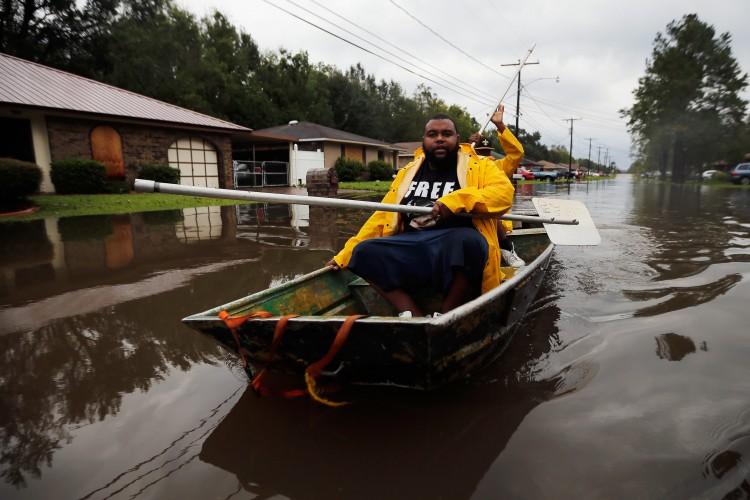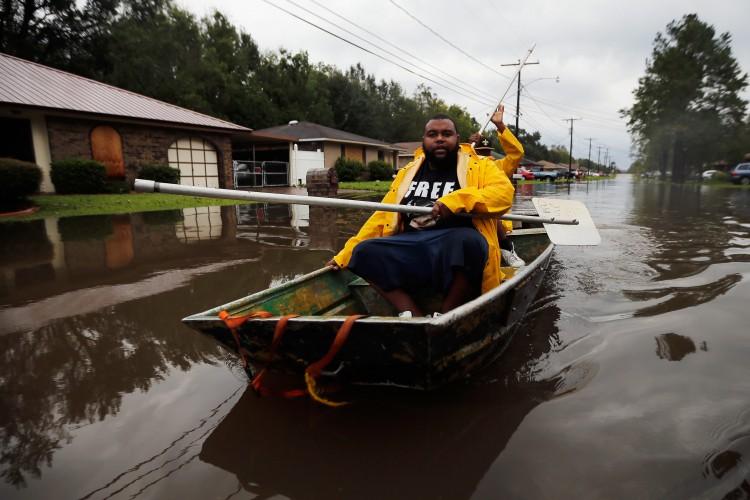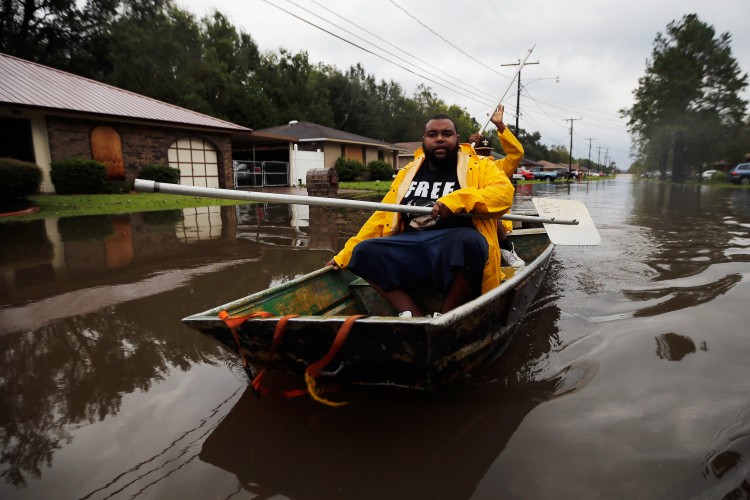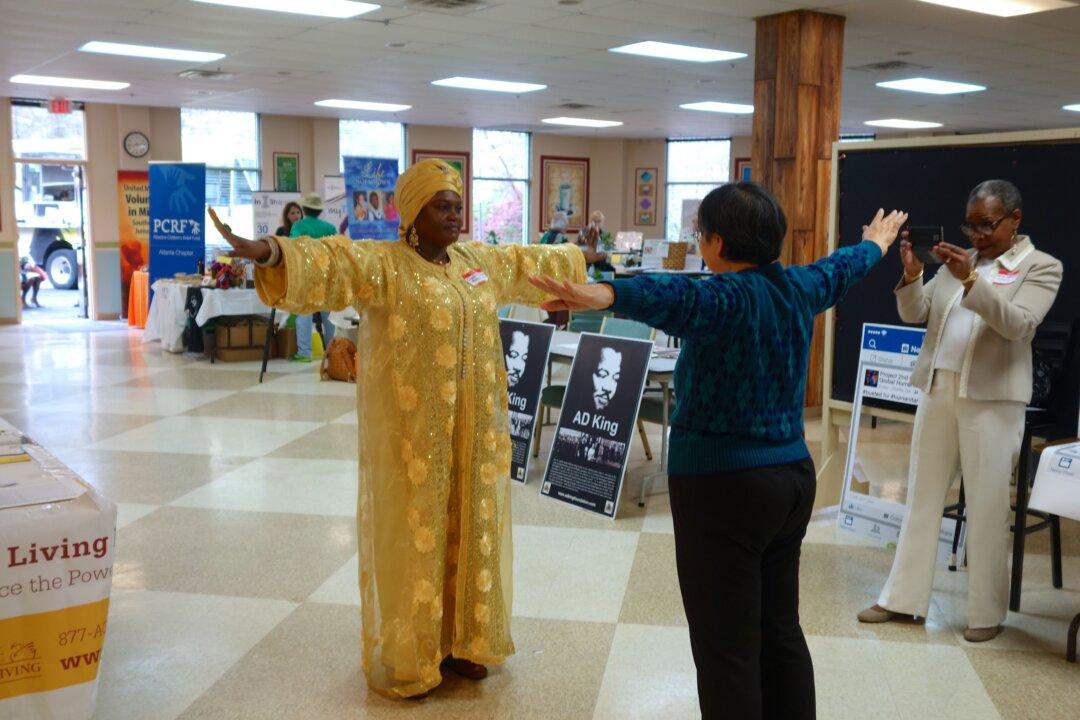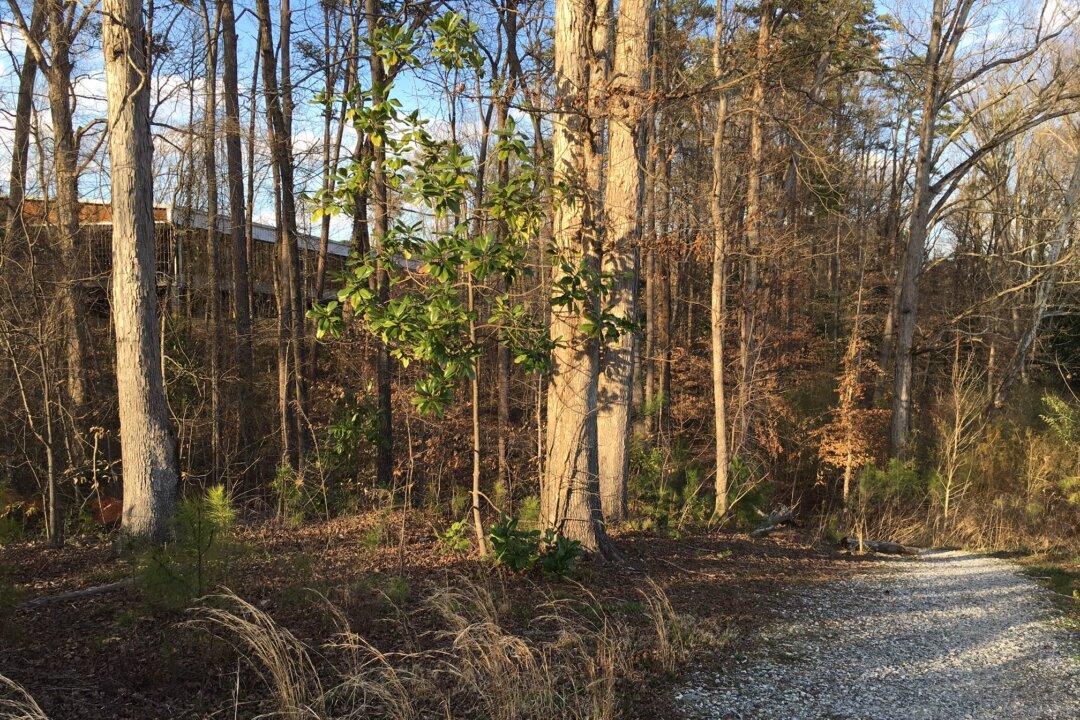Hurricane Isaac made landfall in New Orleans on the seventh anniversary of Hurricane Katrina, dumping 500-year-flood amounts of rain and leading to rooftop rescues for people in Plaquemines Parish south of the city.
The first fatalities of the storm happened in Louisiana and Mississippi when a falling tree killed one man and another man fell from a tree. A CNN article quoted a stranded parish resident who described the flooding as “an act of God.”
According to Dr. Scott Gabriel Knowles, the flooding has to do with government policy decisions. He is a risk and disaster expert and an associate professor in the Department of History and Politics at Drexel University. He says that if America had the political will and wisdom to do it, we could protect ourselves from floods as effectively as the Netherlands does.
After 9/11, the federal government directed disaster resources to anti-terrorism efforts, away from disaster preparation, prevention, and remediation, according to Dr. Knowles.
“The Obama administration has largely continued the disaster policies of the Bush administration,” said Dr. Knowles. The Federal Emergency Management Agency had been a cabinet-level agency, but President George W. Bush put it under the Department of Homeland Security, where it remains today.
Natural disasters are common. Terrorism, horrific as it is, is not common, said Knowles. Over the decade-plus since 9/11, terrorism has cost the nation $100 billion, not counting wars, and natural disasters have caused $500 billion worth of damage.
The most important thing is not the dramatic, telegenic events like pulling people off roofs and piling sandbags. “We focus too much on the immediate response … the dramatic arc,” said Dr. Knowles. “The important thing is long-term mitigation.”
